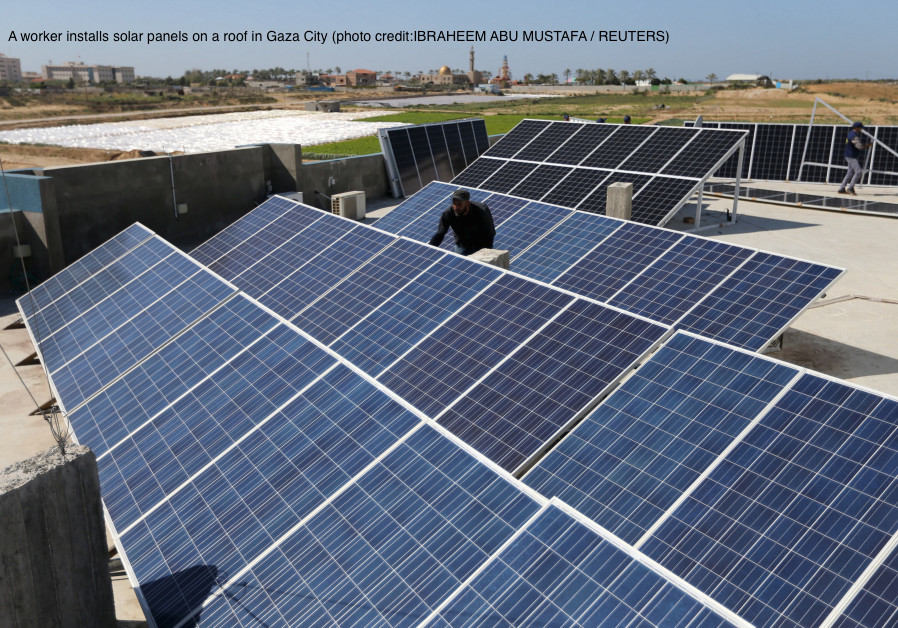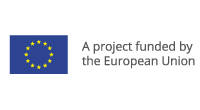A solar future for Palestine?

Gaza residents currently subsist on two hours of electricity daily, and the search is on for viable alternative energy solutions. The Gaza Electricity Distribution Company (GEDCO) is to install 1 megawatt of grid-connected rooftop solar systems for up to 1,000 consumers in the Strip. The $2.5-million solar roof pilot program is part of a wider initiative supported by a multi-donor $ 11 million trust fund, bringing together several development partners. Sara Badiei, an energy specialist at the World Bank, said the pilot project is designed to be rapidly scalable, with an emphasis on galvanizing the private sector for further growth. “Overall, adoption of solar energy should be maximized; not only to improve quality of life, but to put power back into the hands of ordinary Gazans,” she added.
The ongoing energy crisis in Palestine. The energy crisis started in May when Israeli authorities announced cuts, after President Mahmoud Abbas informed Israel that the Palestinian Authority would only pay 60% of the 40 million shekel ($11.19 million) monthly bill. According to the United Nations Office for the Coordination of Humanitarian Affairs, Israel reduced its power supply by 40% and the UN is now coordinating the distribution of emergency fuel to 186 critical facilities in the Gaza Strip: 32 in the health sector; 124 in the water and wastewater sector; and 30 in the solid waste management sector. A further twist in the crisis, with potential repercussions on the proposed expansion of solar power energy in Palestine, has been the recent confiscation of a photovoltaic system by Israeli authorities in the West Bank. An Israeli military official said earlier this year, according to an article in the Independent, that more than 300 structures in the occupied West Bank demolished by the Israeli authorities in 2016 were at least in part funded by the EU or international NGO.
Solar power to grow in the future energy mix. The Palestinian utility Jerusalem District Electricity Company (JDECO), which provides 30% of households in West Bank and East Jerusalem with electricity, is teaming up with the Turkey-based industrial conglomerate Zorlu Energy for the construction of an unspecified number of solar plants. Solar energy is the only significant renewable resource in Palestine, according to a recent study by the World Bank, entitled “Securing Energy for Development in the West Bank and Gaza,” The potential in the West Bank is estimated to be around 530 MW of rooftop solar PV, and at least 100 MW of utility scale solar. A further vast solar potential of over 3,000 MW has also been identified, but this is located in areas where securing Israeli approval for construction would present significant political challenges. By contrast, extreme land constraints in the Gaza strip limit the available solar potential to 160 MW of rooftop solar. However, even this limited solar capacity could play a vital role in increasing energy security and acting as an electricity safety net.
Resources: World Bank Report "Securing energy for development in West Bank and Gaza" | World Bank Country Assistance Strategy



